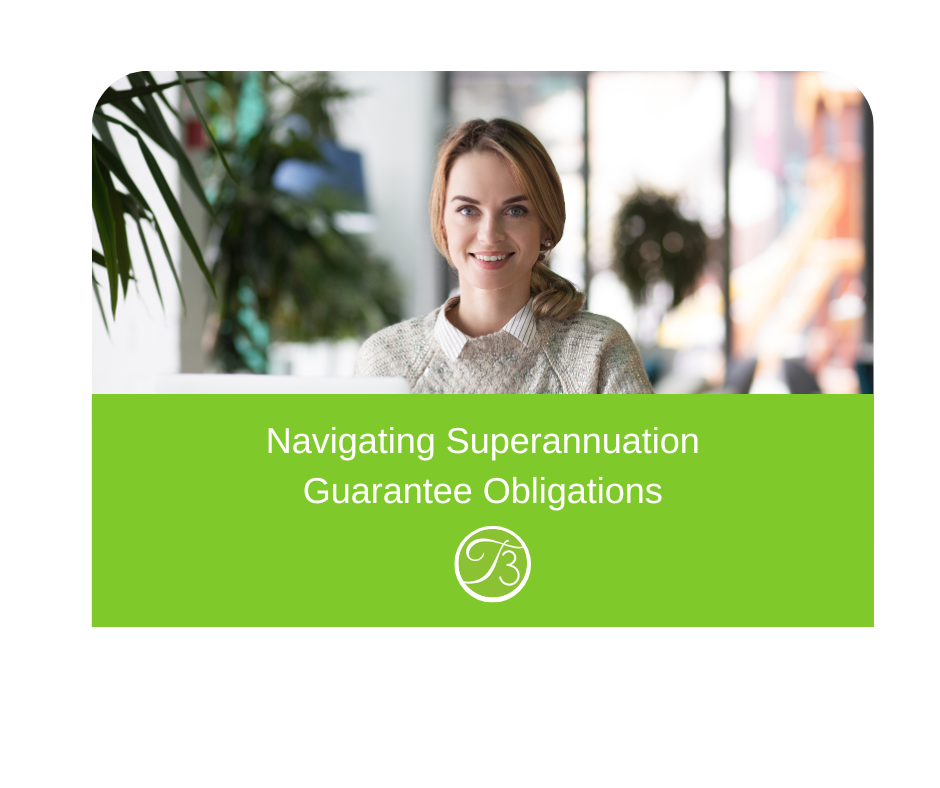Navigating employee superannuation obligations can be challenging for small business owners in Australia. By following a simple checklist, you can avoid super guarantee charges (SGC) by ensuring you pay employees the correct amount, to the correct fund by the due date.
Check workers eligibility
Ensure every worker’s classification is accurate for super guarantee (SG) eligibility. Generally, all employees are eligible for SG regardless of whether they are employed on a full time, part time,or casual basis. Whether they receive a super pension or annuity while working, are a temporary resident, company director, or family members working in your business. You must also pay superannuation to employees under 18 if they work for you more than 30 hours a week, regardless of how much you pay them. More information on eligibility can be found here.
Verify employees super fund details
It’s the employers responsibility to ensure that super contributions go to the correct fund (worker’s choice, stapled fund, or default fund) with the worker’s TFN provided.
Ensure the correct rate of super is paid
Starting from 1 July 2024, the SG rate increased to 11.5%. Check your payroll system has been updated accordingly.
Superannuation Guarantee Due Dates
SG must be paid at least four times a year, adhering to the quarterly due dates. The due date for the SG is the 28th day following the end of each calendar quarter. Super is not deemed paid until the funds are received by the trustee of the employees’ super fund. What this means is that you need to allow the right amount of time. Firstly, the payment needs to clear your bank account. Then the payment needs to pass to the clearing house and into the trustees’ hands for the employees’ super fund. This process can take a few days, or up to a couple of weeks to process depending upon the clearing house you are using. The only exception to this rule is when an employer is using the ATO clearing house. When using the ATO clearing house, super is deemed paid when received. When an employer is not clear on the time required for payments to clear, they can be left accountable for delays in processing. Best practice is to check with your clearing house to be sure of it’s processing times. What happens when you get it wrong?
Lodge Super Guarantee Charge (SGC) Statements
If you don’t pay an employee’s SG amount in full, on time, and to the right fund, you must pay the super guarantee charge (SGC). The SGC is more than the super you would have otherwise paid to the employee’s fund and is not tax deductible. You must also lodge an SGC statement. Click here to work out the SGC, or use the ATO super guarantee charge calculator tool.
Still need help? Contact us.

